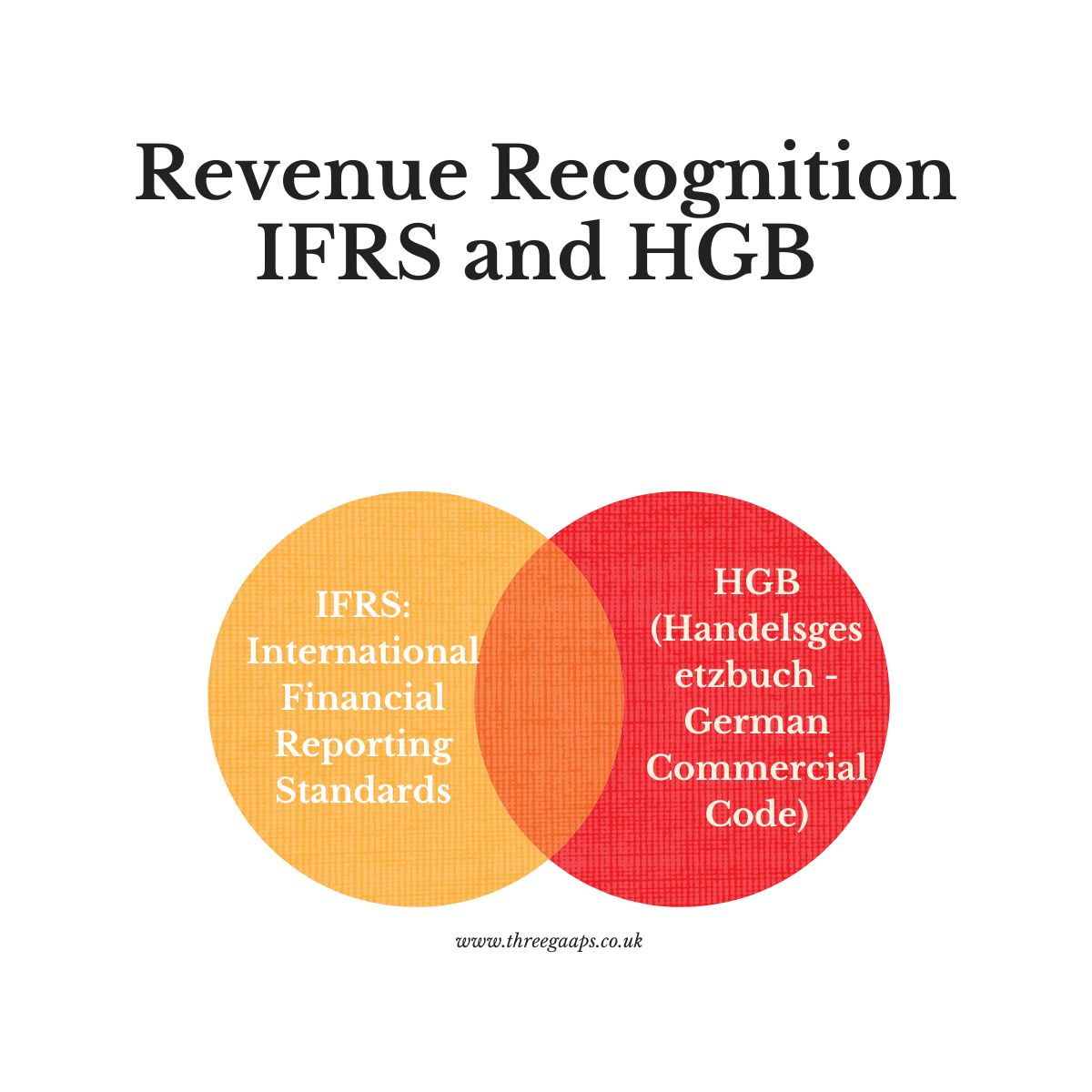Understanding IFRS and HGB: Financial Reporting Standards in Germany

When it comes to corporate financial reporting in Germany, two key standards govern how companies prepare their financial statements: IFRS (International Financial Reporting Standards) and HGB (Handelsgesetzbuch / German Commercial Code). While both aim to ensure transparency and comparability in financial reporting, they differ significantly in their objectives, principles, and target audiences.
This blog post provides an overview of IFRS and HGB, highlighting their key differences, use cases, and implications for professionals in finance, accounting, and corporate governance in Germany.
What is HGB?
HGB stands for Handelsgesetzbuch, or the German Commercial Code. It provides the legal foundation for financial reporting in Germany and has been in force since 1897, though it has undergone numerous reforms.
HGB is rooted in the principle of creditor protection. Its primary focus is on providing a prudent and conservative view of a company’s financial health, emphasizing reliable valuation over presenting economic potential. This is reflected in:
- Strict recognition and measurement rules
- Conservative valuation principles (e.g., lower of cost or market for assets)
- A focus on maintaining distributable reserves
Who Uses HGB?
HGB is mandatory for small and medium-sized enterprises (SMEs) in Germany and also governs the statutory financial statements required for tax and legal purposes.
Key audiences include:
- Tax authorities
- Creditors (banks, suppliers)
- Legal authorities (courts, regulatory bodies)
What is IFRS?
IFRS (International Financial Reporting Standards) is a globally recognized set of accounting standards issued by the International Accounting Standards Board (IASB). Unlike HGB, IFRS emphasizes economic reality over legal form and aims to provide a true and fair view of a company’s financial position for the benefit of international investors and capital markets.
Key Characteristics of IFRS:
- Principles-based, not rules-based
- Focus on fair value and transparency
- Extensive disclosure requirements
- Greater flexibility in the treatment of assets, liabilities, and revenues
Who Uses IFRS?
In Germany, all companies listed on a regulated stock exchange are required to prepare their consolidated financial statements under IFRS. These standards are primarily intended for:
- International investors
- Analysts
- Shareholders
- Capital markets
Key Differences Between IFRS and HGB
| Aspect | IFRS | HGB (German GAAP) |
|---|---|---|
| Objective | Provide information to investors | Protect creditors through prudence |
| Principles | Fair value, transparency | Prudence, conservatism |
| Valuation | Fair value approach | Historical cost, lower-of-cost-or-market principle |
| Revenue Recognition | Detailed, principle-based (IFRS 15) | Conservative, realization principle |
| Consolidation | Required for capital markets | Required for legal group reporting |
| Disclosure | Extensive, forward-looking | Minimal, backward-looking |
| Target Audience | Investors, analysts, capital markets | Creditors, tax authorities |
Why Should Professionals Understand Both?
For Finance Professionals:
- Multinational companies often maintain two sets of accounts: IFRS for investors and HGB for statutory reporting.
- IFRS knowledge is essential for roles in financial planning, reporting, and investor relations.
- HGB remains critical for tax reporting, legal compliance, and financing discussions in Germany.
For Auditors and Controllers:
- Understanding the reconciliation between IFRS and HGB is crucial for preparing annual reports and managing external audits.
- Controllers in German subsidiaries of global corporations need to bridge the gap between local statutory reporting (HGB) and group-level reporting (IFRS).
For Tax Advisors:
- HGB forms the basis for German tax assessments, while IFRS generally does not directly impact tax calculations.
- Awareness of IFRS is still beneficial when advising internationally active clients.
Real-World Use Case: A German SME Planning for IPO
Consider a successful Mittelstand company planning to go public:
- Current Reporting: Prepares financials exclusively under HGB for local tax and statutory reporting.
- Preparation for IPO: Needs to transition to IFRS-compliant consolidated financial statements for the prospectus and ongoing investor reporting.
- Key Challenges:
- Adjusting valuation methods (e.g., recognizing intangible assets like patents)
- Expanding disclosures, especially around risk management and future prospects
- Training finance teams on IFRS standards
- Outcome: Clearer, more market-oriented financial reporting that aligns with international investor expectations.
Best Practices for Navigating IFRS and HGB
- Stay Updated: Both IFRS and HGB are subject to regular updates—keep abreast of changes through professional bodies (IDW, DRSC, IASB).
- Invest in Training: Regular training ensures teams are fluent in both sets of standards.
- Use Dual-Reporting Software: Leverage ERP systems (e.g., SAP S/4HANA) that support parallel ledgers for IFRS and HGB.
- Collaborate with Auditors Early: Early involvement reduces surprises during year-end closings.
- Document Reconciliation Clearly: Ensure transparency in how financial statements transition between HGB and IFRS figures.
Conclusion
Understanding the differences between IFRS and HGB is essential for finance professionals working in Germany. While HGB remains dominant for local statutory and tax purposes, IFRS is indispensable for companies operating in international capital markets. Both frameworks serve distinct purposes but together form the foundation of trustworthy financial communication.
Whether you’re working in financial reporting, audit, controlling, or advisory, fluency in both HGB and IFRS strengthens your ability to support your organization’s compliance, transparency, and growth ambitions.